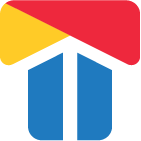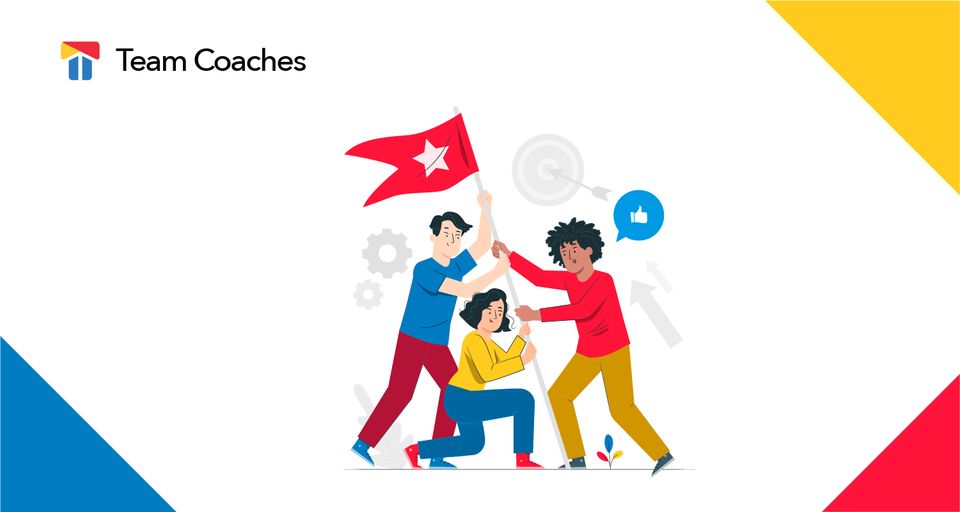Customer Relationship Management Software, or best known as CRM, is used for collecting and tracking customers and leads for your business.
There are many CRMs in the market, all in charge of solving the most difficult problems of collecting, tracking, and engaging with your customers, leads, and prospects.
In this post, we are covering the problem and how integrating a center repository, which is an IRM or Innovation Relationship Management software, helps you resolve and make your operation easier, saving an average of 7 hours per week as a minimum (read use-case).
What is the problem?
Incubators and accelerators are frequently burned out in spreadsheets and document management, which causes a lot of stress making sure the right tracking mechanism is used, so that they also handle their customers in the most efficient way.
After managing many documents becomes a problem causing and identifying time and resource constrains, the team starts using CRMs to collect customer data, which in this case will be mentors, entrepreneurs, startups, companies.
Our experience shows that, after adding a CRM, the team starts adding more and more external tools to cover the needs for other services to offer, such as community, newsletters, room booking, mentoring, documents and resource management, forms, etc.
All of which adds complexity, which causes them to go back to the cycle of stress, and burn out from the start. This is resolved by integrating the tools, which then cause a more complex maintenance of all tools and integration processes, and requiring internal or external IT teams to handle all of this.
The solution is simple!
When running operation intensive programs, a good idea is to find a center stage software that will help you be at the center of all operations.
Identifying the key component that your program needs to run, is the baseline for a great start. These centric programs can be identified in 4 different components:
- Community
- Mentoring
- Portfolio management
- Education
Community centric programs
These programs depend on the community to support and survive. They start with a basic solution focus in a chat solution such as Slack, Telegram, Discord, etc.
In a community, the most important goal is engagement. As soon as the community is engaged, then you will keep growing.
The key focuses of a community driven program:
- Community manager creates a real value-added service for members
- Community manager engages and supports members.
- Influencers help by engaging in and out the platform.
- Community focus in one area with members that support developing and evolving it.
Those tools are good to keep growing and engaging, but they don't allow you to track and identify focus groups within the community.
The solution is not to replace those tools, but to have a centralized tool which helps you get all information and data in a single place.
IRM comes to resolve this problem, by collecting data of all your users, allowing you to create events, and communicate with your user-base in one place, complementing the chat solutions implemented, and being the central focus where you collect and report engagement.
Mentoring Centric Programs
Many other programs highlight the needs that startups need expert support, so that program managers focus everything into a personalized mentoring tool to resolve this problem.
It becomes easy to see that then you need other forms, or tracking different objectives and activities that are not centralized, bringing the needs to start creating a list of documents and spreadsheets to help overcome what is lost.
Mentoring tools are efficient in some particular and specific environments like the workplace. However, this does not work fully when the objectives to be achieved are mutually important for the startup, and the company that is supporting the startup.
Again, IRM comes in to be the solution; offering mentoring tools, along with a setup or document management, task management and tracking mechanism that help both sides, one to focus on the end result, and the other to measure the success of their support.
Portfolio Management Centric Programs
This case is a particular one, where portfolio managers who run a Venture Capital or early stage investing firm, try to support their investments by offering additional support to their startups with mentoring and a library of resources.
Portfolio managers use some specific tools to support the tracking of their portfolio investment, but then when trying to offer additional services, they start with the problem of handling multiple tools that are not core to their business.
An IRM solves this by integrating all the tools required for tracking their investment, plus adding other tools such as education, mentoring, and community, to engage and maintain a track in a centralized place.
Education Centric Programs
Education programs are the most common come and go solution. They use other tools like mailing services to keep previous users or interested prospects engaged to see if they can buy more.
This is very time consuming and difficult to track engagement.
At last, IRM offers something to centralize all their needs into one place, offering community and other tools that can be used to increase or track their users and contacts.
What IRM options do I have?
There are still not many options in the market which can offer an integrated solution, but one exists that does work to resolve all these problems!
Team Coaches is here to help you grow and solve all these problems. With a dedicated team experienced in Innovation, we work together to build software that solves all of your needs, and is the key tool for running your programs effectively.
If you want to know more, please book a demo here.





